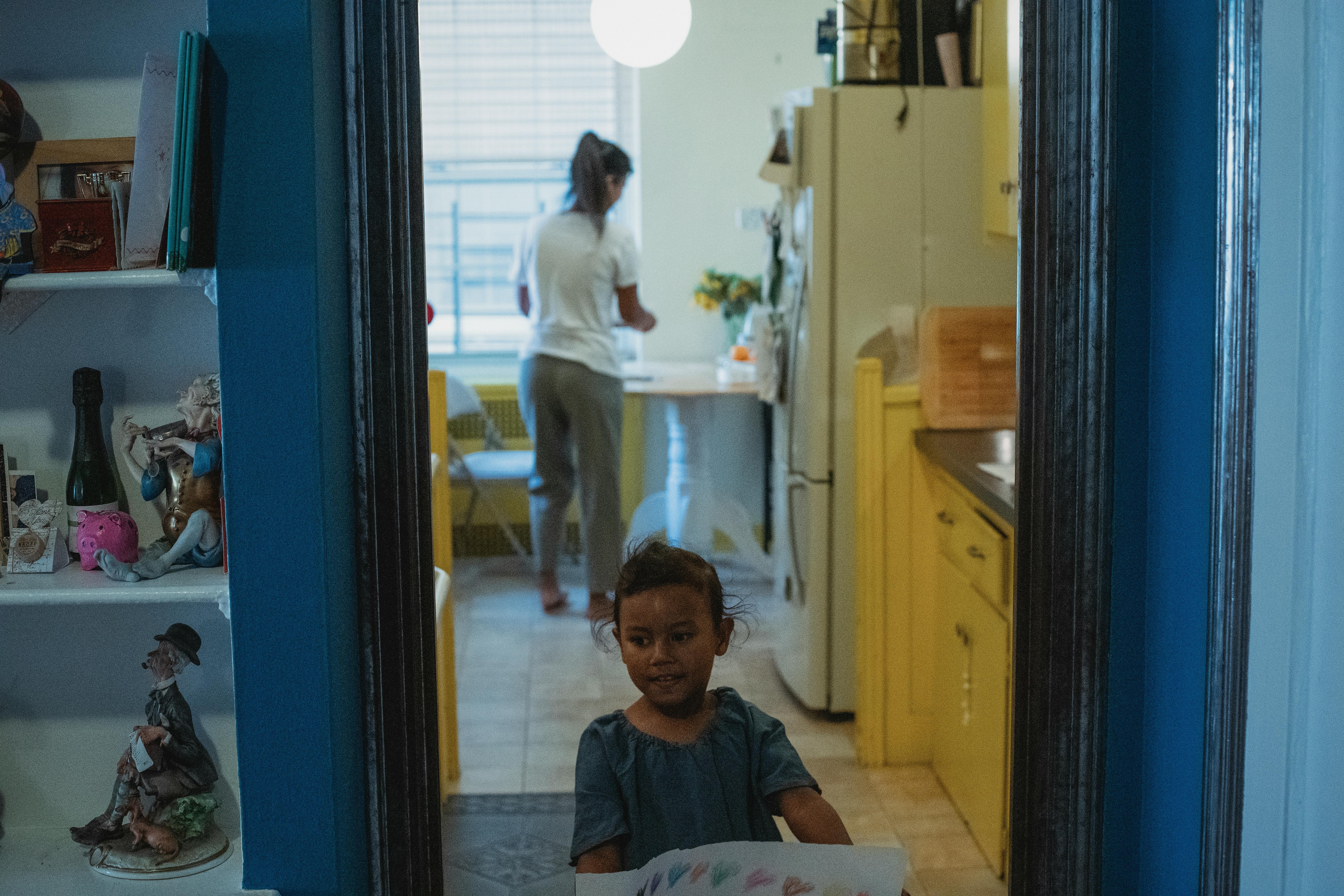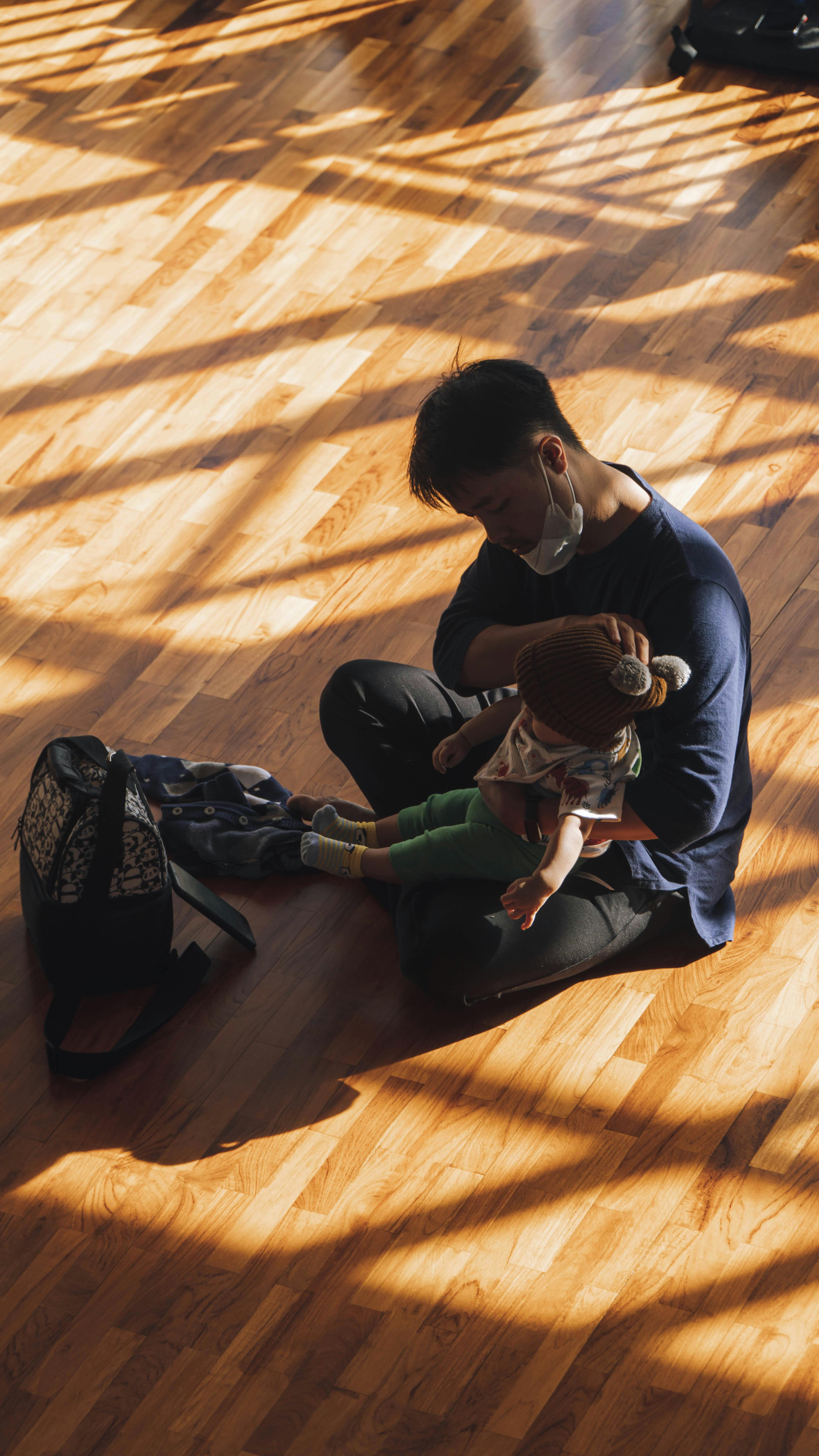Table of Contents
Supervision and Monitoring
One of the most critical responsibilities of a babysitter is to provide constant supervision and monitoring of the children in their care. It is essential to always keep a watchful eye on the children, particularly when they are engaged in activities that could pose a risk to their safety. This includes activities such as swimming, playing on playground equipment, or using sharp objects like scissors or knives. Babysitters should be actively engaged with the children, playing with them, and ensuring that they are following instructions and staying out of harm’s way.
On-Demand Childcare in Your Neighborhood
Book a Sitter
Emergency Preparedness
Babysitters must be prepared for any potential emergencies that may arise while they are caring for children. This includes knowing how to respond in the event of accidents, illnesses, or other unexpected situations. Babysitters should have a first aid kit on hand and be trained in basic first aid techniques such as CPR. It is also important to know the emergency contact information for the children’s parents, as well as the location of the nearest hospital or urgent care facility.
Childproofing and Safe Environments
Before babysitting, it is essential to thoroughly childproof the environment to eliminate potential hazards and ensure the safety of the children. This includes locking away cleaning supplies, medications, and other potentially dangerous substances. Babysitters should also be mindful of potential choking hazards, such as small toys or objects, and keep these out of reach of young children. In addition, it is important to ensure that furniture is secured to the walls to prevent tipping, and that electrical outlets are covered to prevent shocks.

Health and Hygiene
Maintaining good health and hygiene practices is essential for both babysitters and the children in their care. Babysitters should always wash their hands before and after handling food, changing diapers, or caring for a sick child. It is also important to encourage the children to practice good hygiene, such as washing their hands regularly and covering their mouths when they cough or sneeze.
Babysitters should also be aware of any allergies or medical conditions that the children may have and take appropriate precautions to prevent any allergic reactions or other health issues.
Communication with Parents
Effective communication with the parents of the children being cared for is essential for ensuring a safe and successful babysitting experience. Babysitters should discuss important information with the parents before they leave, such as emergency contact numbers, any medical conditions or allergies the children may have, and any specific rules or routines that the parents would like the babysitter to follow. It is also important to provide regular updates to the parents throughout the babysitting session, informing them of any significant events or incidents that occur. By maintaining open and transparent communication with parents, babysitters can ensure that everyone is on the same page and that the children’s safety and well-being are the top priorities.










